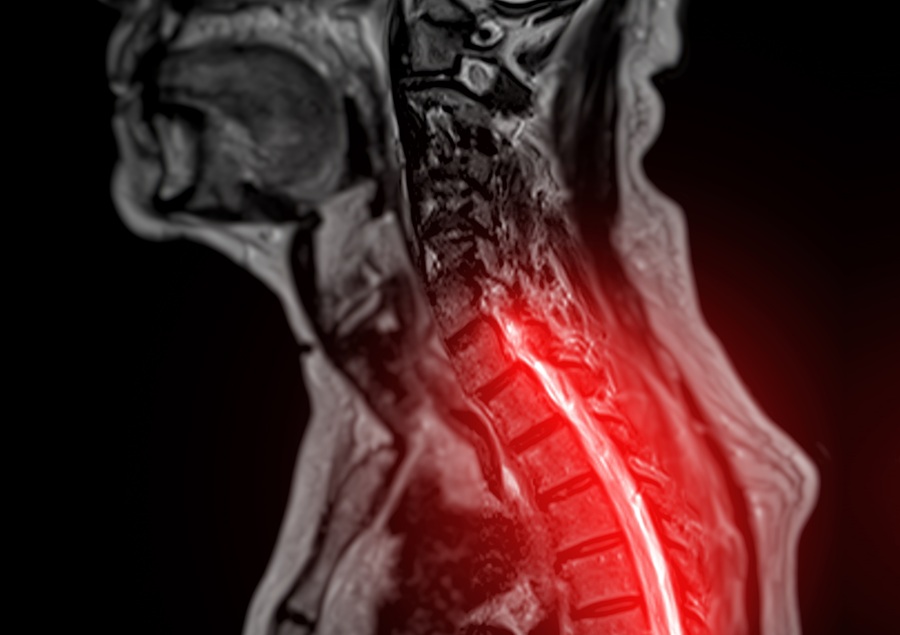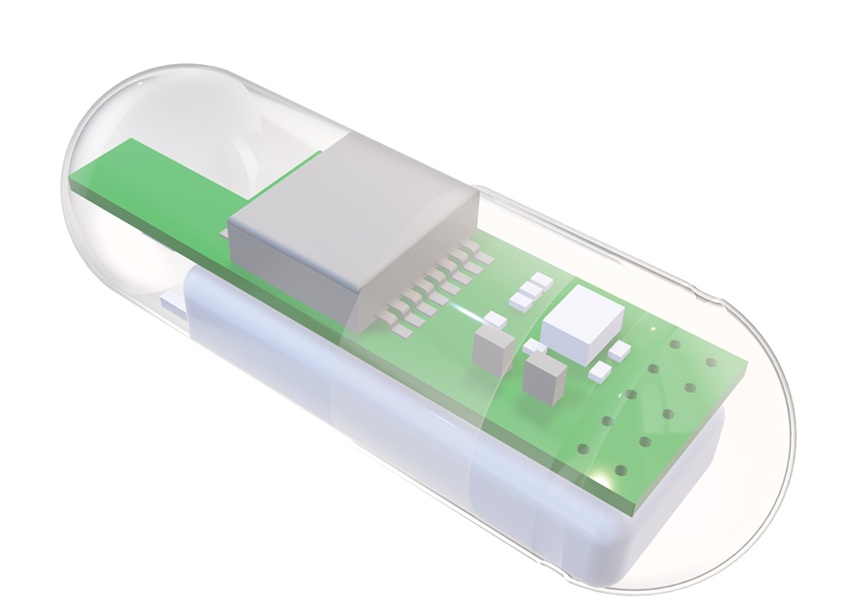Noninvasive Prenatal Testing Market Set for Explosive Growth
|
By HospiMedica International staff writers Posted on 21 Jan 2014 |
The global noninvasive prenatal testing (NIPT) market is expected to grow more than ten-fold in the next five years. These are the latest findings of Transparency Market Research (Albany, NY, USA), a global information and research provider.
NIPT, the noninvasive genetic screening test for common chromosomal abnormalities (trisomy 21, trisomy 18, trisomy 13, monosomy X, etc.) can detect the presence of abnormalities in fetuses of pregnant women as early as 9–10 weeks of gestation, with some of the most commonly detected chromosomal aneuploidies include Down syndrome, Edwards syndrome, Patau syndrome, and monosomy X. The market is also evolving rapidly due the advantages it offers over conventional prenatal screening and diagnostic methods such as maternal serum screening, nuchal translucency (NT) scan, amniocentesis, and chorionic villus sampling (CVS). These advantages include safety, accuracy, and no risk of miscarriage.
MaterniT21 PLUS, verifi, Harmony, Panorama, NIFTY, PrenaTest, and BambniTest are currently the commercially available NIPTs, all based on the direct analysis of cell-free fetal DNA in the maternal blood. In 2012, MaterniT21 (a proprietary product of Sequenom) accounted for the largest share (36.6%) of the market in terms of revenue, owing to the fact that it was the first mover in the market place. During the forecast period 2013 to 2019, it is likely to lose some of its share due to increasing market penetration by other, aforementioned NIPTs such as Panorama and verify.
Almost every company in this market is adopting the same business model of marketing their tests via alliances with hospitals, diagnostic laboratories, and physician offices. The increasing penetration by test developers in European, Asia-Pacific, and Middle East countries indicates promising growth in the near future. Sequenom (San Diego, CA, USA), Verinata Health (Redwood City, CA, USA), Ariosa Diagnostics, and Natera (San Carols, CA, USA), are the leading companies engaged in providing noninvasive prenatal tests worldwide.
The global NIPT market was valued at USD 220 million in 2012 and is expected to grow at a compound annual growth rate (CAGR) of 37.6% from 2013 to 2019, to reach an estimated value of USD 3.62 billion by 2019. Geographically, North America was the largest regional market in 2012, with a market share of 64.5% of the total revenue generated globally, followed by Europe.
Related Links:
Transparency Market Research
Sequenom
Verinata Health
NIPT, the noninvasive genetic screening test for common chromosomal abnormalities (trisomy 21, trisomy 18, trisomy 13, monosomy X, etc.) can detect the presence of abnormalities in fetuses of pregnant women as early as 9–10 weeks of gestation, with some of the most commonly detected chromosomal aneuploidies include Down syndrome, Edwards syndrome, Patau syndrome, and monosomy X. The market is also evolving rapidly due the advantages it offers over conventional prenatal screening and diagnostic methods such as maternal serum screening, nuchal translucency (NT) scan, amniocentesis, and chorionic villus sampling (CVS). These advantages include safety, accuracy, and no risk of miscarriage.
MaterniT21 PLUS, verifi, Harmony, Panorama, NIFTY, PrenaTest, and BambniTest are currently the commercially available NIPTs, all based on the direct analysis of cell-free fetal DNA in the maternal blood. In 2012, MaterniT21 (a proprietary product of Sequenom) accounted for the largest share (36.6%) of the market in terms of revenue, owing to the fact that it was the first mover in the market place. During the forecast period 2013 to 2019, it is likely to lose some of its share due to increasing market penetration by other, aforementioned NIPTs such as Panorama and verify.
Almost every company in this market is adopting the same business model of marketing their tests via alliances with hospitals, diagnostic laboratories, and physician offices. The increasing penetration by test developers in European, Asia-Pacific, and Middle East countries indicates promising growth in the near future. Sequenom (San Diego, CA, USA), Verinata Health (Redwood City, CA, USA), Ariosa Diagnostics, and Natera (San Carols, CA, USA), are the leading companies engaged in providing noninvasive prenatal tests worldwide.
The global NIPT market was valued at USD 220 million in 2012 and is expected to grow at a compound annual growth rate (CAGR) of 37.6% from 2013 to 2019, to reach an estimated value of USD 3.62 billion by 2019. Geographically, North America was the largest regional market in 2012, with a market share of 64.5% of the total revenue generated globally, followed by Europe.
Related Links:
Transparency Market Research
Sequenom
Verinata Health
Latest Business News
- Medtronic to Acquire Coronary Artery Medtech Company CathWorks
- Medtronic and Mindray Expand Strategic Partnership to Ambulatory Surgery Centers in the U.S.
- FDA Clearance Expands Robotic Options for Minimally Invasive Heart Surgery
- WHX in Dubai (formerly Arab Health) to debut specialised Biotech & Life Sciences Zone as sector growth accelerates globally
- WHX in Dubai (formerly Arab Health) to bring together key UAE government entities during the groundbreaking 2026 edition
- Interoperability Push Fuels Surge in Healthcare IT Market
- Philips and Masimo Partner to Advance Patient Monitoring Measurement Technologies
- B. Braun Acquires Digital Microsurgery Company True Digital Surgery
- CMEF 2025 to Promote Holistic and High-Quality Development of Medical and Health Industry
- Bayer and Broad Institute Extend Research Collaboration to Develop New Cardiovascular Therapies
- Medtronic Partners with Corsano to Expand Acute Care & Monitoring Portfolio in Europe
- Expanded Collaboration to Transform OR Technology Through AI and Automation
- Becton Dickinson to Spin Out Biosciences and Diagnostic Solutions Business
- Boston Scientific Acquires Medical Device Company SoniVie
- 2026 World Hospital Congress to be Held in Seoul
- Teleflex to Acquire BIOTRONIK’s Vascular Intervention Business
Channels
Artificial Intelligence
view channelCritical Care
view channel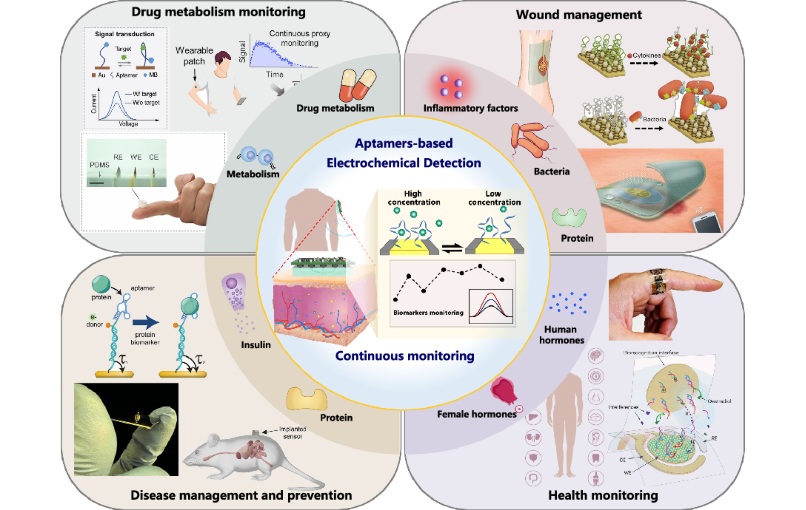
Aptamers Enable Real-Time Biomarker Tracking Without Blood Draws
Continuous monitoring of biomarkers is critical for early disease detection, treatment evaluation, and personalized health management. Yet most clinical tests still rely on invasive, single-point blood... Read more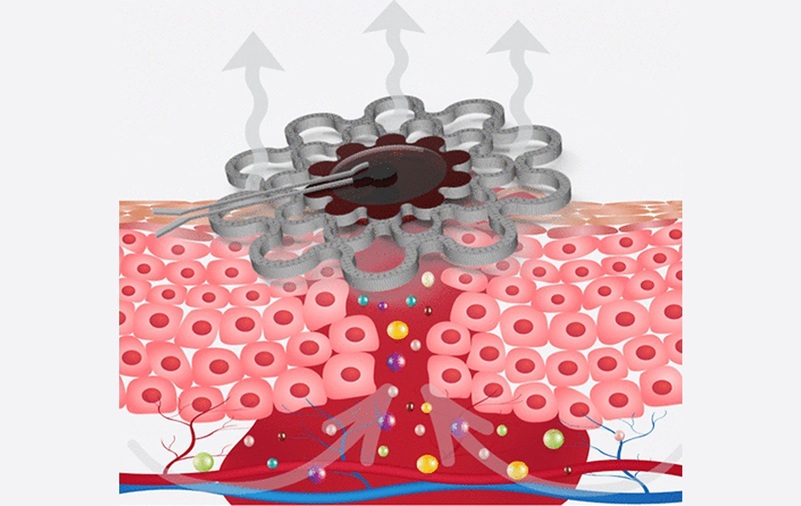
Specialized Dressing with Sensor Monitors pH Levels in Chronic Wounds
Any wound has the potential to become chronic, but the risk is significantly higher in individuals with certain medical conditions. Once a wound becomes chronic, healing slows, complications increase,... Read moreSurgical Techniques
view channel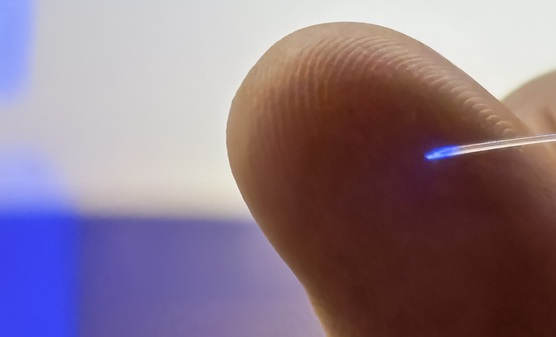
Brain Implant Records Neural Signals and Delivers Precise Medication
Neurological diseases such as epilepsy involve complex interactions across multiple layers of the brain, yet current implants can typically stimulate or record activity from only a single point.... Read moreAI-Based OCT Image Analysis Identifies High-Risk Plaques in Coronary Arteries
Lipid-rich plaques inside coronary arteries are strongly associated with heart attacks and other major cardiac events. While optical coherence tomography (OCT) provides detailed images of vessel structure... Read moreNeural Device Regrows Surrounding Skull After Brain Implantation
Placing electronic implants on the brain typically requires removing a portion of the skull, creating challenges for long-term access and safe closure. Current methods often involve temporarily replacing the skull or securing metal plates, which can lead to complications such as skin erosion and additional surgeries.... Read morePatient Care
view channel
Revolutionary Automatic IV-Line Flushing Device to Enhance Infusion Care
More than 80% of in-hospital patients receive intravenous (IV) therapy. Every dose of IV medicine delivered in a small volume (<250 mL) infusion bag should be followed by subsequent flushing to ensure... Read more
VR Training Tool Combats Contamination of Portable Medical Equipment
Healthcare-associated infections (HAIs) impact one in every 31 patients, cause nearly 100,000 deaths each year, and cost USD 28.4 billion in direct medical expenses. Notably, up to 75% of these infections... Read more
Portable Biosensor Platform to Reduce Hospital-Acquired Infections
Approximately 4 million patients in the European Union acquire healthcare-associated infections (HAIs) or nosocomial infections each year, with around 37,000 deaths directly resulting from these infections,... Read moreFirst-Of-Its-Kind Portable Germicidal Light Technology Disinfects High-Touch Clinical Surfaces in Seconds
Reducing healthcare-acquired infections (HAIs) remains a pressing issue within global healthcare systems. In the United States alone, 1.7 million patients contract HAIs annually, leading to approximately... Read moreHealth IT
view channel
EMR-Based Tool Predicts Graft Failure After Kidney Transplant
Kidney transplantation offers patients with end-stage kidney disease longer survival and better quality of life than dialysis, yet graft failure remains a major challenge. Although a successful transplant... Read more













